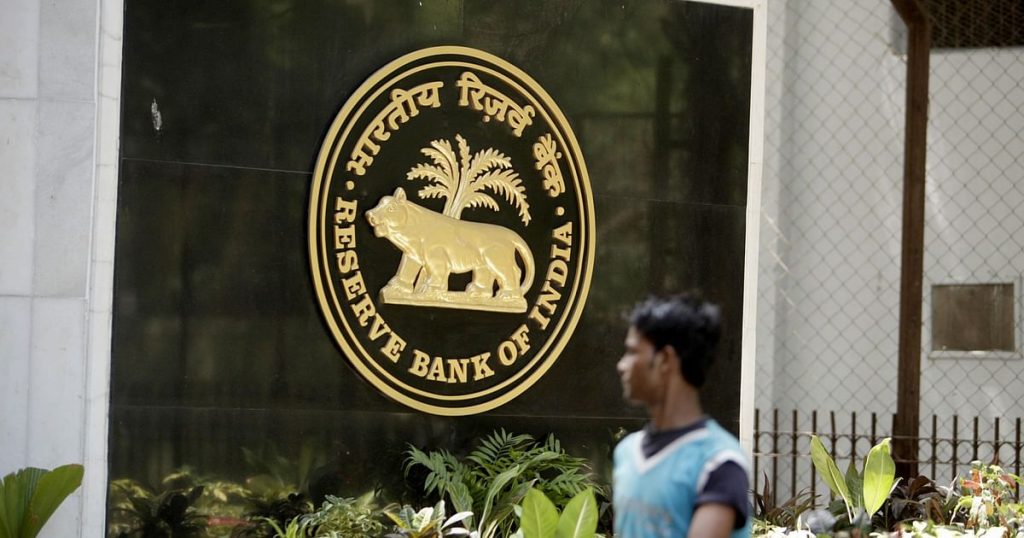The Reserve Bank of India is proposing to widen the market for credit default swaps, in an attempt to give a push to a product which has so far failed to pick-up in India. In December 2020, the RBI had said that it intends to release draft rules on this derivative product, which is used to offset credit risk on an underlying security.
The draft rules, released on Feb. 16, say non-retail users can buy these swaps for purposes other than just hedging an existing underlying exposure. Retail users are permitted to purchase CDS but only for hedging purposes.
The 2013 guidelines permitted only non-retail users to buy credit default swaps and only in cases where there was an underlying exposure to hedge. The current draft guidelines remove these restrictions.
Underlying instruments on which a CDS contract can be written include commercial papers, certificates of deposit, non-convertible debentures of original maturity up to one year. In addition, listed and unlisted rated bonds, together with unrated bonds issued by infrastructure special purpose vehicles, will be permitted as underlying instruments for CDS contracts.
Users & Use Cases
Users will be classified as retail and non-retail. The following users shall be eligible to be classified as non-retail users:
- Insurance companies.
- Pension funds.
- Mutual funds.
- Alternate investment funds.
- Standalone primary dealers with a minimum net owned funds of Rs 500 crore.
- NBFCs, including housing financiers, with minimum net owned funds of Rs 500 crore.
- Resident companies with a minimum net worth of Rs 500 crore.
- Foreign portfolio investors registered with SEBI.
Any user who isn’t eligible to be classified as a non-retail user shall be classified as a retail user.
Market Makers & Protection Sellers
The entities permitted to act as market makers include scheduled commercial banks, except some categories like small finance banks, payments banks and regional rural banks.
NBFCs and HFCs, along with standalone primary dealers, with a minimum net owned funds of Rs 500 crore will also be permitted.
In addition to market makers, insurance companies, pension funds, mutual funds, AIFs and SEBI-registered FPIs can act as protection sellers.
Exchange Traded CDS
As per the draft guidelines, exchanges may offer standardised single-name CDS contracts with guaranteed cash settlement. Any change in the structure of an exchange traded CDS will need to be approved by the RBI.
Once again, retail users can only undertake transactions in exchange-traded CDS for hedging their underlying credit risk.
Valuation & Capital
The RBI has asked that market-makers put in place appropriate and robust methodologies for marking to market the credit derivative contracts. A daily CDS curve published by Fixed Income Money Market and Derivatives Association of India or a benchmark administrator or a proprietary model can be used to value CDS positions. Proprietary models must be disclosed.
Market participants shall follow the applicable prudential norms and capital adequacy requirements for credit derivatives issued by their respective regulators, the RBI said.
Reporting
The draft guidelines state that market-makers shall report all over-the-counter CDS transactions within 30 minutes of the transaction, to the trade repository of Clearing Corporation of India Ltd.
“While reporting transactions between market-makers and users, it should be clearly indicated whether the transaction is for hedging or other purposes,” the RBI said.
